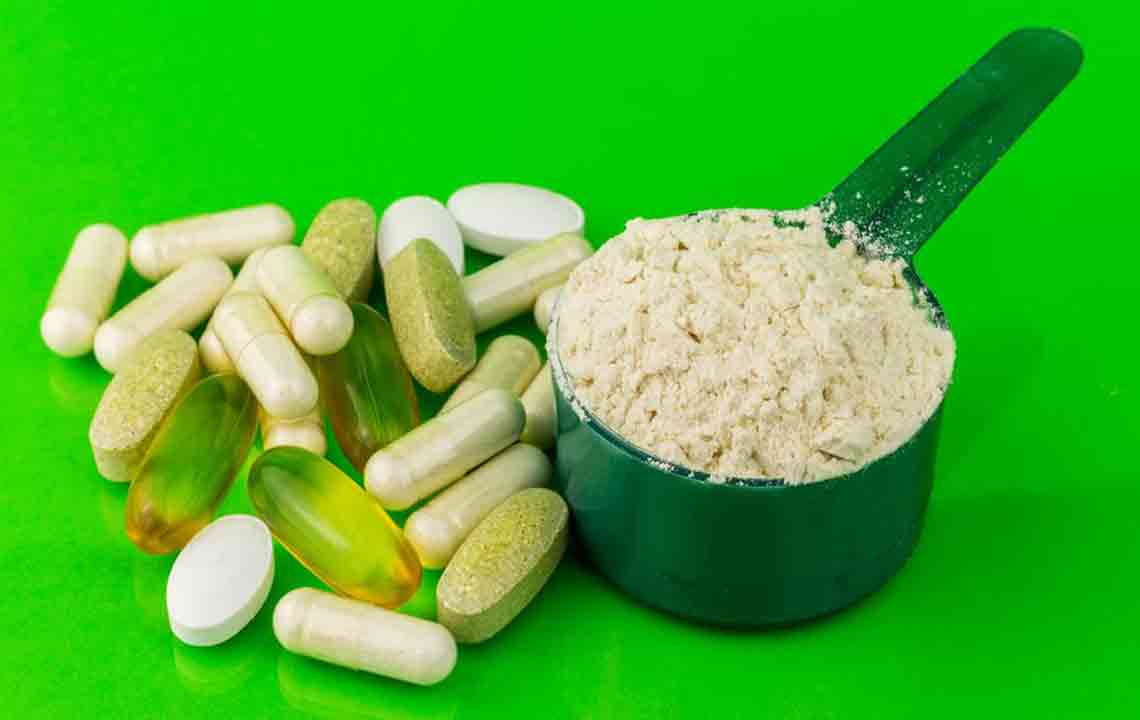Essential Magnesium-Rich Foods and Their Health Benefits
This article highlights the importance of magnesium in maintaining health and lists top magnesium-rich foods like leafy greens, nuts, whole grains, seafood, and dark chocolate. It explores how magnesium supports bone density, heart health, blood sugar regulation, and mental well-being, while also discussing signs of deficiency and health risks. Incorporating these foods into daily meals can significantly boost overall wellness and prevent chronic conditions. Lifestyle habits such as regular exercise and stress management further enhance magnesium's benefits, promoting a healthier, more balanced life.
Sponsored

Essential Magnesium-Rich Foods and Their Impact on Well-Being
Magnesium is a vital mineral supporting numerous bodily functions. Including magnesium-rich foods in your diet can promote heart health, strengthen bones, and reduce stress, while also combating inflammation and oxidative damage. To boost your magnesium intake, consider adding dark leafy greens, nuts, seeds, whole grains, legumes, seafood, dairy, and dark chocolate to your meals. Here's what you need to know about sources of magnesium and its significance for health:
Key magnesium-rich foods
Magnesium plays a crucial role in maintaining bone density, regulating blood sugar, and supporting muscle and nerve activity. It also contributes to DNA synthesis, protein formation, and energy production.
Ensuring sufficient magnesium intake is possible through a balanced meal plan filled with nutrient-dense foods. Here are some top sources:
Dark leafy greens: Spinach, kale, and Swiss chard are excellent for boosting magnesium intake along with other vital nutrients.
Nuts and seeds: Almonds, cashews, pumpkin seeds, and sunflower seeds are rich in magnesium and can be enjoyed daily in moderation.
Whole grains: Brown rice, quinoa, and whole wheat provide high magnesium levels and are known to reduce inflammation and support heart health.
Legumes: Chickpeas, lentils, and various beans are excellent plant-based sources of magnesium.
Seafood: Salmon, mackerel, and halibut contain abundant magnesium.
Dairy: Milk and yogurt offer calcium and magnesium essential for overall health.
Other sources: Dark chocolate provides a healthy dose of magnesium. Additionally, bananas and avocados are rich in this mineral—bananas also supply potassium, while avocados contain beneficial fats, making them ideal daily additions.
Foods like avocados and nuts can retain their nutritional value better when raw, as cooking may reduce magnesium content.
Magnesium and health
Benefits of magnesium-rich foods
Insufficient magnesium can lead to issues such as anxiety, insulin resistance, osteoporosis, high blood pressure, fatigue, and muscle cramps. If you notice symptoms, consult a healthcare provider. Key advantages of consuming magnesium-rich foods include:
Bone strength: Magnesium enhances bone density and supports skeletal health, reducing osteoporosis risk.
Blood sugar regulation: It aids insulin function, helping to control blood glucose levels and potentially lowering diabetes risk.
Heart health: Magnesium helps regulate blood pressure and heart rhythm, decreasing cardiovascular disease and stroke risk.
Anti-inflammatory properties: It may lower inflammation, reducing chronic disease risks like arthritis.
Mental well-being: Magnesium influences neurotransmitters like serotonin, enhancing mood and reducing stress.
Energy and muscle performance: It supports energy levels and muscle function, helping prevent fatigue and cramps during physical activities.
Risks of magnesium deficiency
If dietary intake is insufficient, deficiency symptoms may include:
Muscle cramps, weakness, or tremors
Low energy and fatigue
Irregular heartbeat (arrhythmia)
Elevated blood pressure
Weakened bones increasing osteoporosis risk
Increased vulnerability to anxiety and depression
Greater risk of developing insulin resistance and type 2 diabetes
Consult a healthcare professional if you suspect a deficiency. They can confirm with tests and recommend dietary changes or supplements. Prioritizing a balanced diet rich in whole foods and maintaining a healthy lifestyle—including regular exercise, sufficient sleep, and stress management—can optimize nutrient absorption and overall health. Making mindful choices ensures the body gets the essential minerals needed for optimal function.






